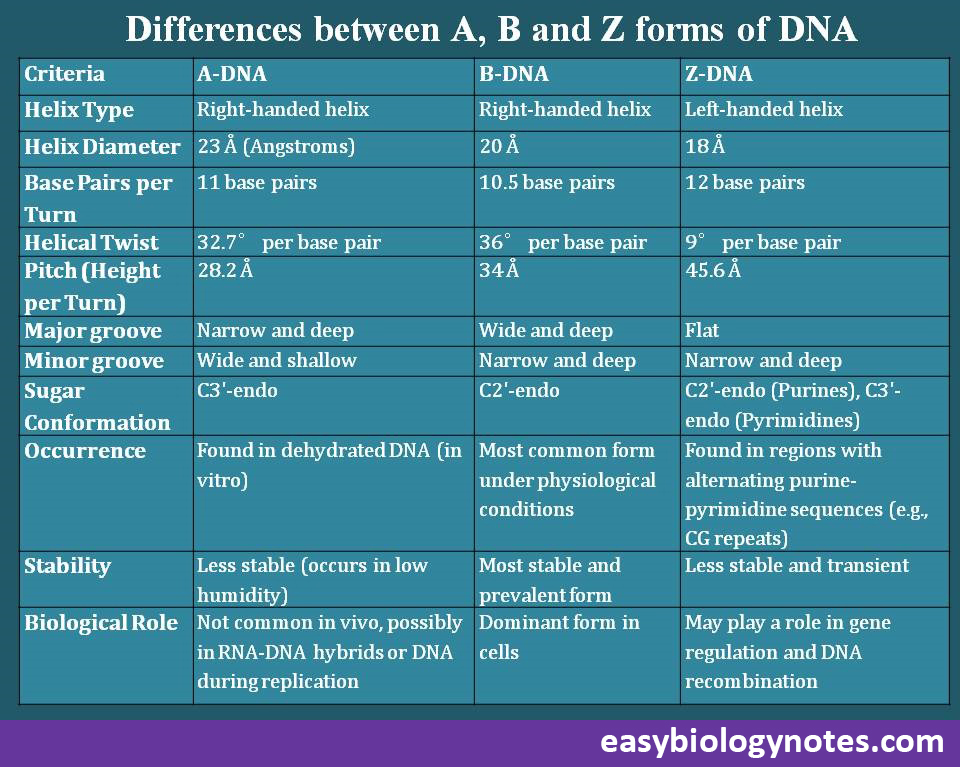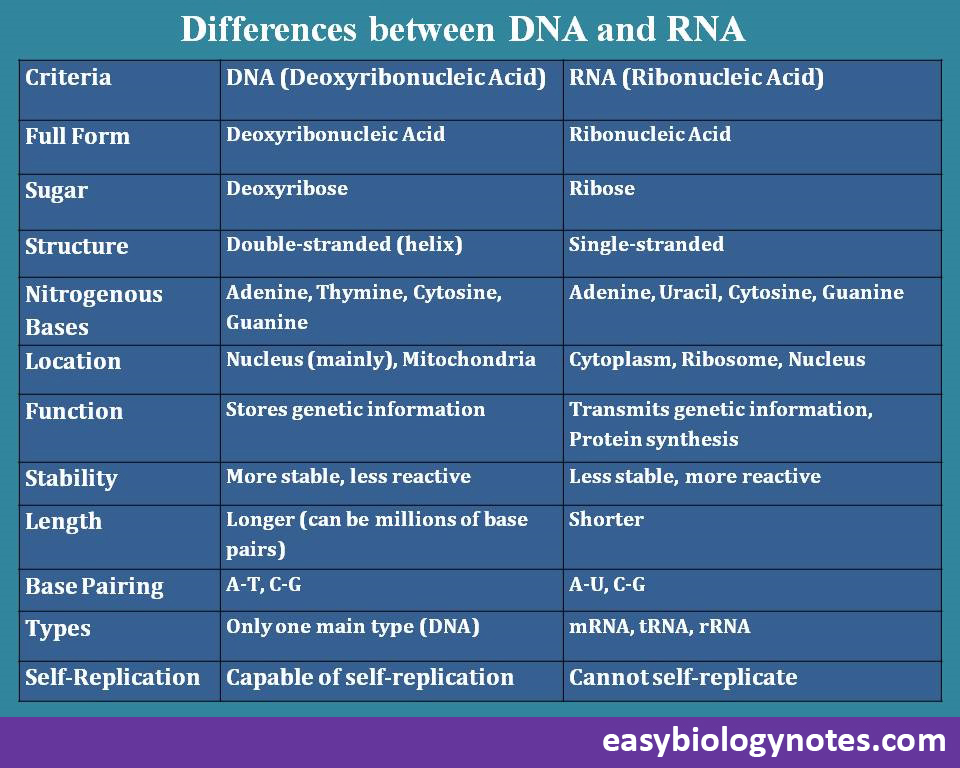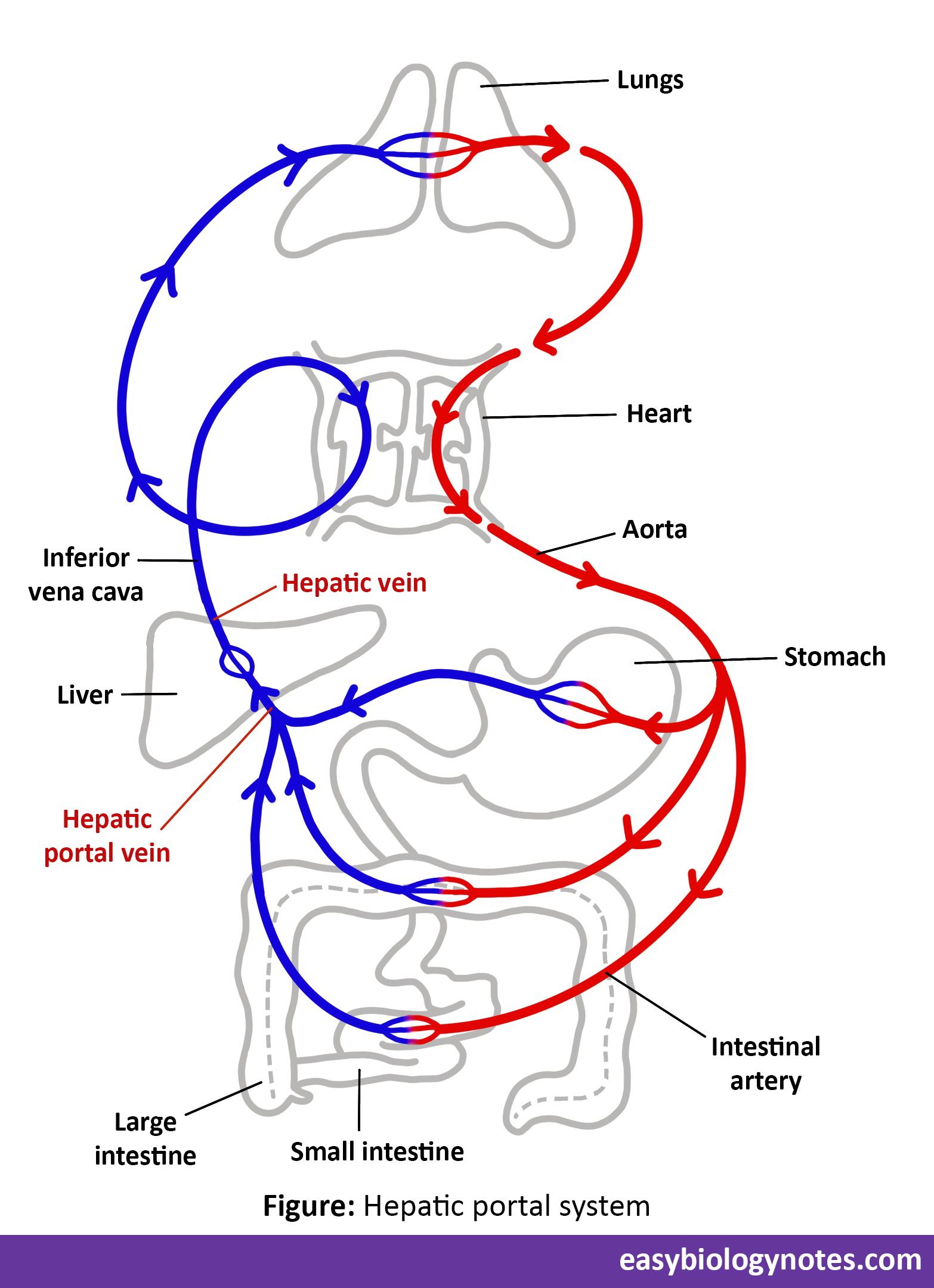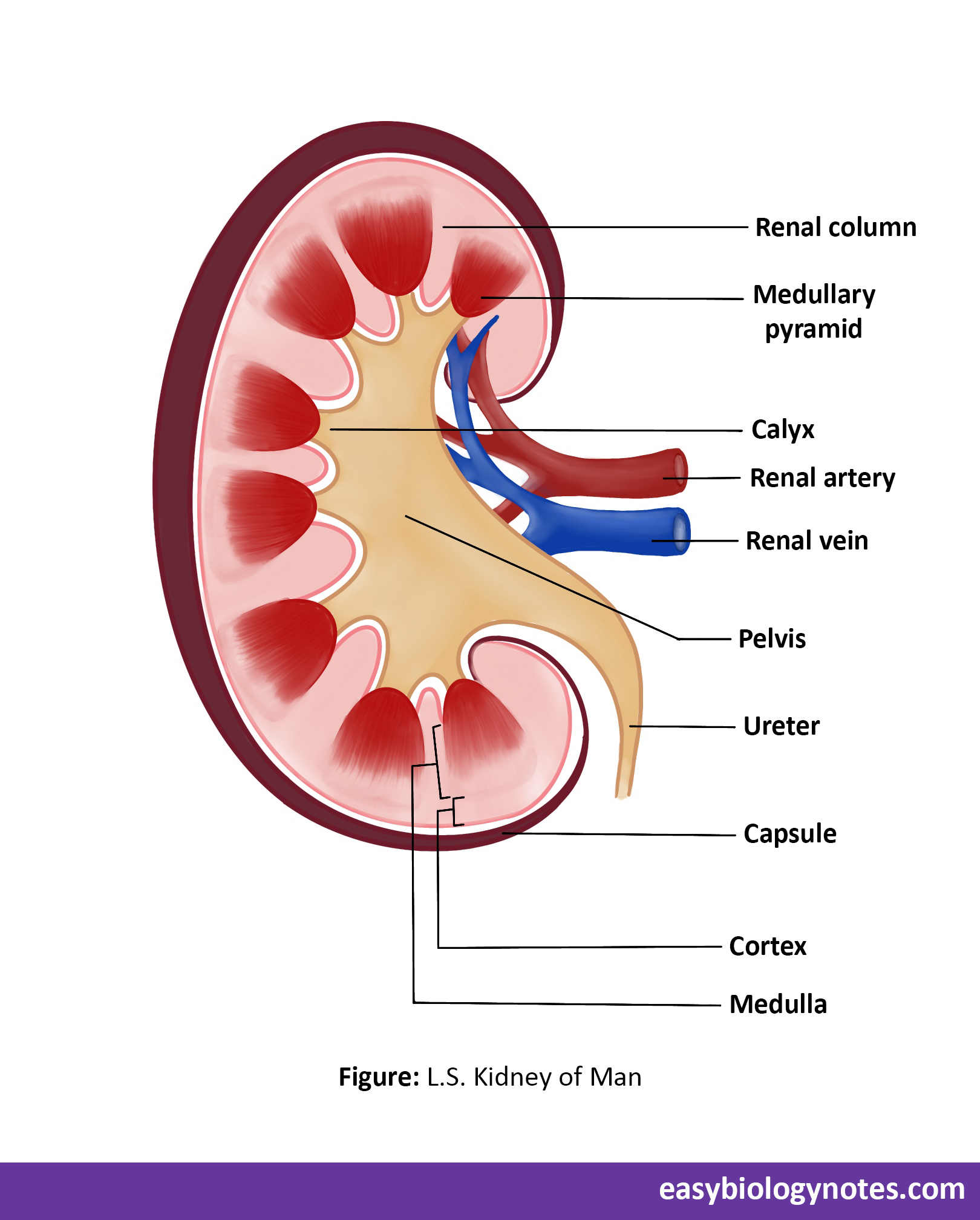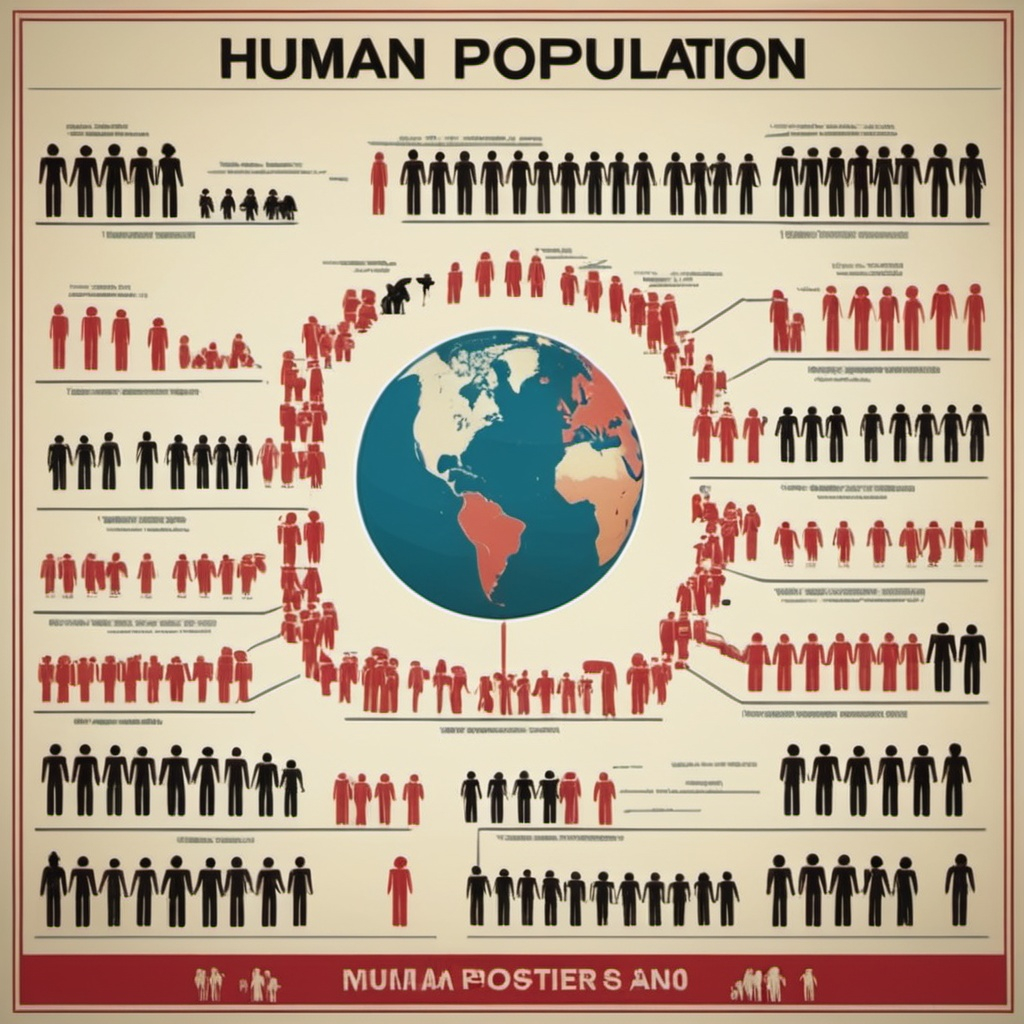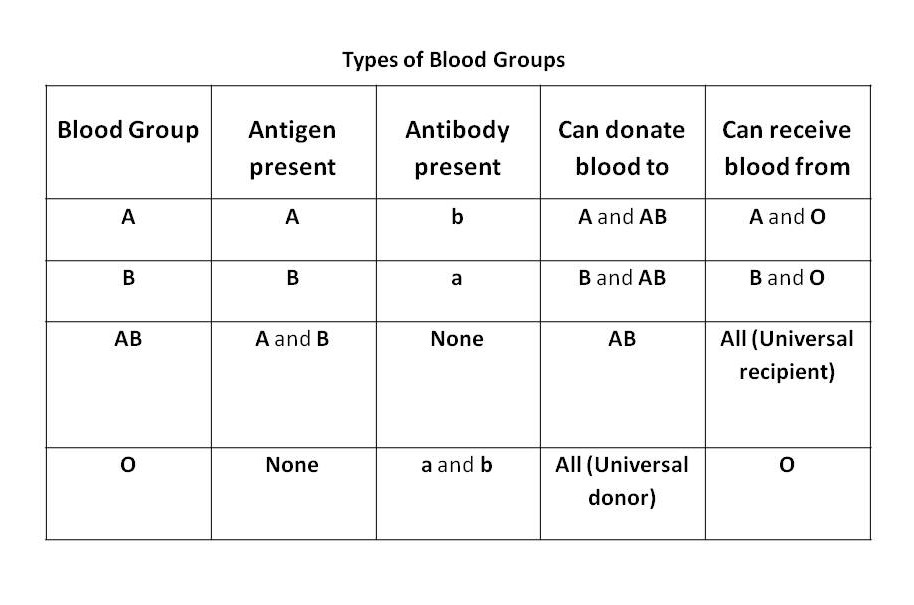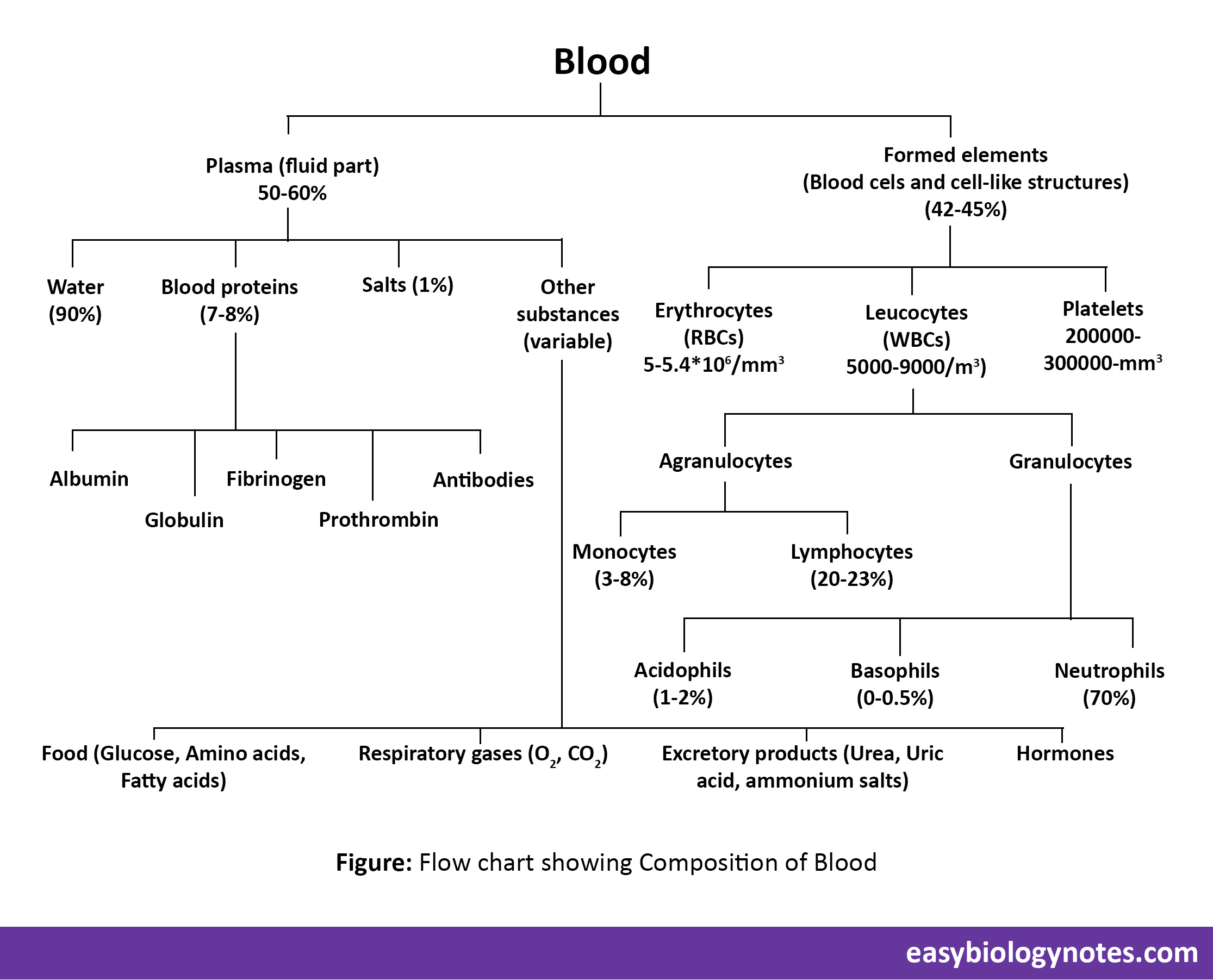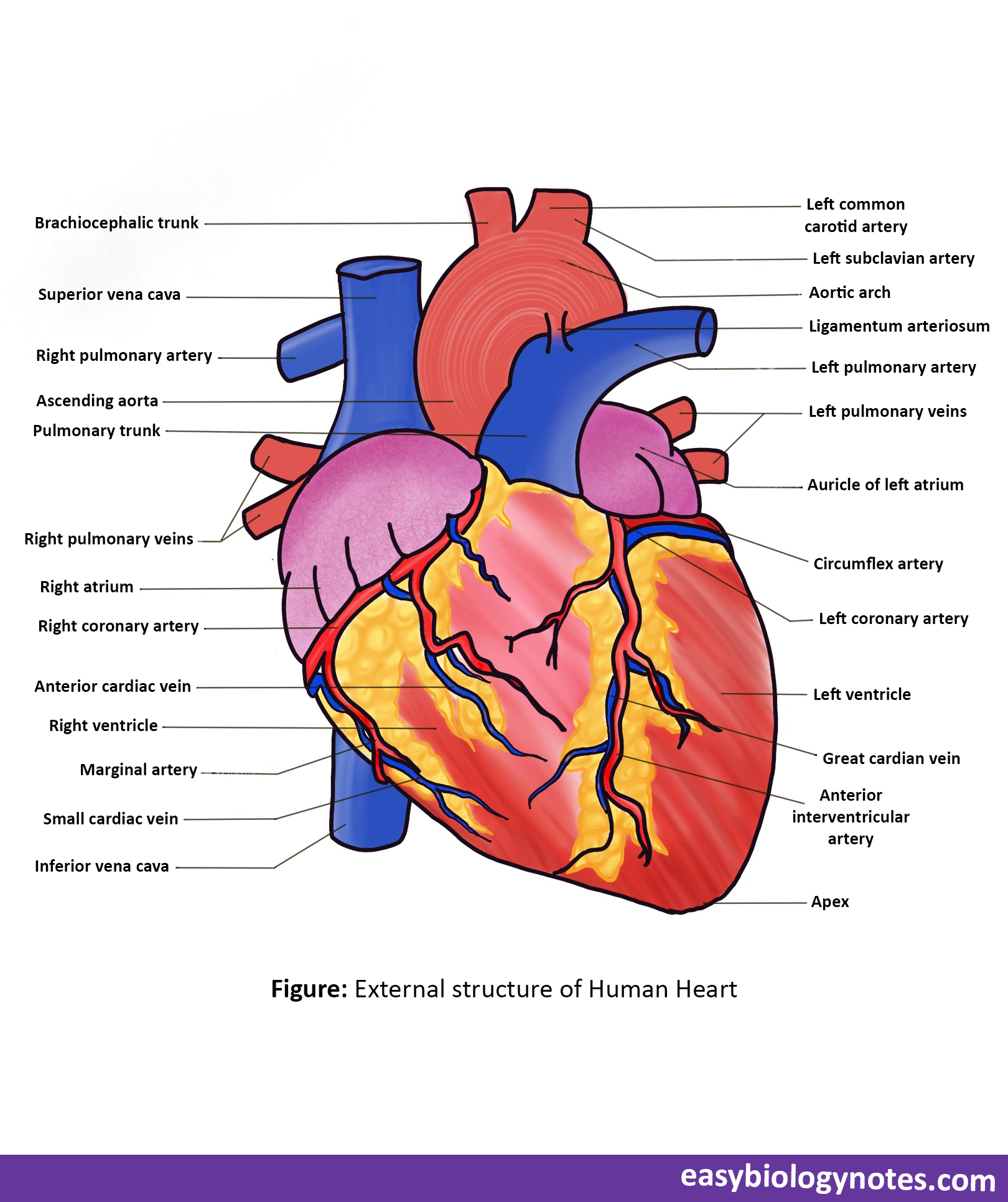Definition, Classification and Types of Microorganisms
Microbes or microorganisms are microscopic organisms (i.e., they are not visible to naked eye) that exist as unicellular, multicellular, or cell clusters. Microorganisms are widespread in nature (they make up almost 60% of the earth’s living matter) and are beneficial to life, but some can cause serious harm.

